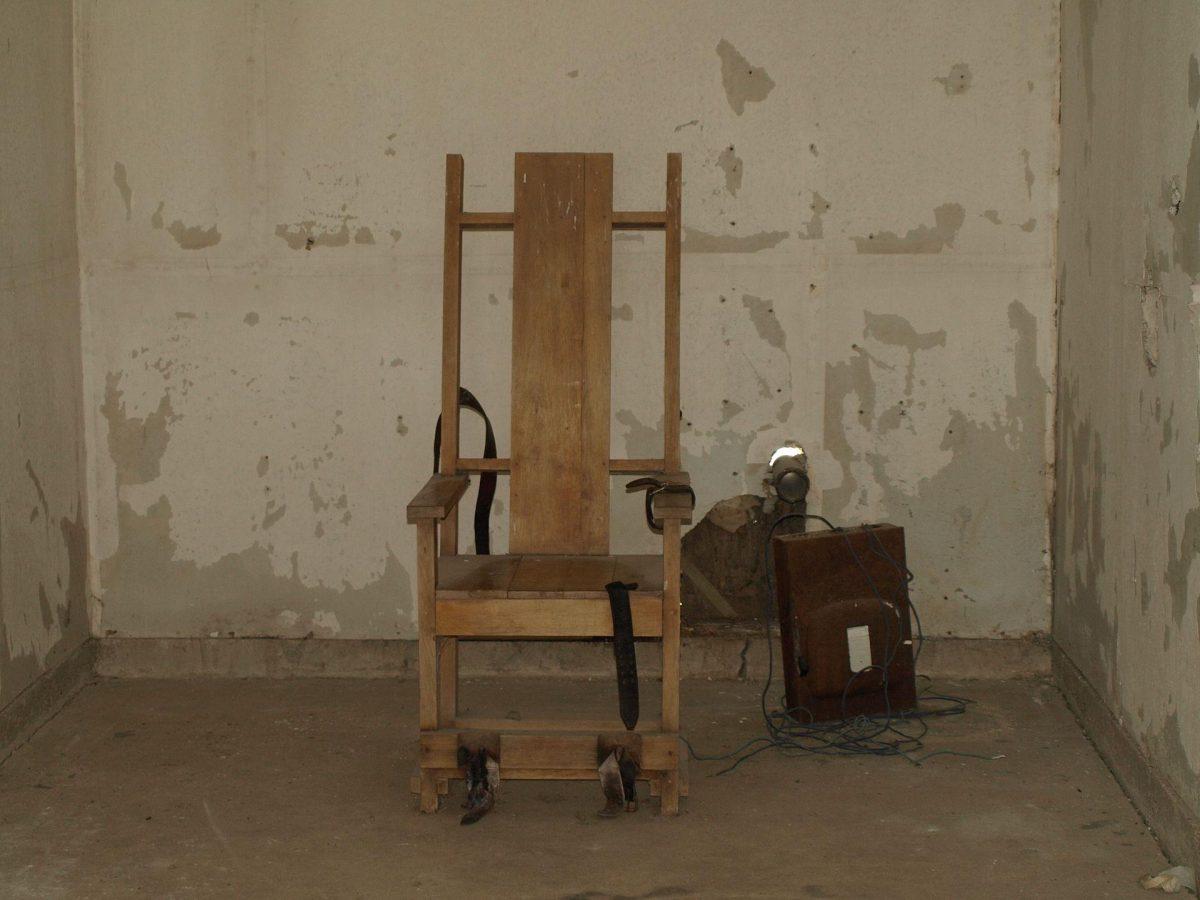Caddo Parish District Attorney Dale Cox stands in front of juries and claims that Jesus Christ of the New Testament directs them to sentence defendants to death as a retaliatory measure for society.
Cox, a Catholic, takes a misguided approach to the death penalty, immersed in anger and vengeance. His parish sentences more people to death per capita than any other county in the United States, and Cox doesn’t believe the state properly utilizes the penalty. He said the penalty should be harsher.
“I am sorry that Louisiana has adopted lethal injection as the form of implementing the death penalty,” Cox wrote of a man he prosecuted in a memo obtained by The New Yorker. “Mr. Crawford deserves as much physical suffering as it is humanly possible to endure before he dies.”
The north Louisiana district attorney holds a twisted interpretation of Jesus’ teachings in the New Testament, taking hyperbole for literal meaning. Cox uses Jesus Christ’s conversation with Judas where he tells Judas it would be better if he had never been born to defend his position on the death penalty.
Jesus Christ’s words to Judas were an exaggeration to discourage scandal and leading people astray, said Father Bob Stine, the pastor at Christ the King Catholic Church on the University’s campus.
“It was certainly hyperbole,” Stine said. “Jesus talked about if your eye is the problem, cut it out, or your hand, cut it off. Certainly he didn’t mean that literally. We would have a lot of maimed people. It is hyperbole, an exaggeration to make a point.”
Stine explained that the Catholic Church, which justified the death penalty for centuries as a means to protect society from those who wished to destroy it, evolved on the issue in the second half of the 20th century when alternatives arose for capital punishment.
The U.S. prison system maintains the capability to hold prisoners for life, keeping them from harming society. The two escaped convicts from New York are a rare exception to the prison system’s ability to keep prisoners secluded.
The Catholic Church has taken a cautionary stance on capital punishment based on the lack of evidence that the death penalty acts as an effective deterrent, different alternatives to the death penalty and the recent use of DNA to prove the innocence and free men and women previously on death row.
“So now it’s a question between better and best,” Stine said. “We want to discourage capital punishment because there are alternatives. There are better ways of doing it, but we wouldn’t necessarily condemn a society if they did do capital punishment. We would be saddened, though.”
The U.S. justice system should use the death penalty for those men and women whom the system fears will likely escape and continue to harm society. However, if there indeed is anyone the prison system fears it cannot contain, saying the penalty should be used sparingly is an understatement.
The prison system is meant to perform rehabilitation and deterrence of future crimes. The death penalty in a state that has the most citizens in prison per capita than anywhere else in the nation is clearly not deterring crimes, and the system is failing to rehabilitate those with lesser crimes.
Justin DiCharia 21-year-old mass communication senior from Slidell, Louisiana. You can reach him on Twitter @JDiCharia.
Opinion: Death penalty fails to deter future crimes, not necessary
July 6, 2015
Electric Chair





